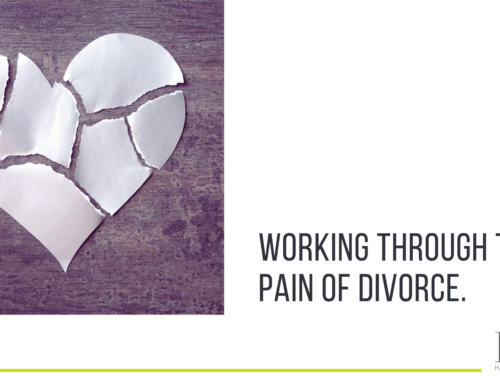You’ve come to the conclusion that your relationship isn’t working and decided to divorce. For some couples the obvious path is to live separately until matters are finalised. But for some, things aren’t that simple. Whether the reasons are financial, practical or even tactical, living together during a divorce is a reality for some couples.
If this is your situation, there are some things you need to consider, from both a legal and emotional perspective. How will it affect your divorce proceedings? Are there any legal implications? Where can you find support and guidance? These are the questions we’re answering in this week’s blog.
What are the restrictions?
If you do have to live with your soon to be ex spouse during a divorce, there are a few restrictions. Specifically if your divorce is based on adultery, unreasonable behaviour, 2 years separation or 5 years’ separation. The main one being that you must be able to prove that even though you continue to live together, you’re leading completely separate lives.
If your marriage has broken down as a result of adultery, and that’s the reason you’re providing to the court, then you can’t live with your ex spouse in the same household for six months (or non-consecutive periods that total six months) from the date you found out about the adultery.
Relying on unreasonable behaviour as the reason for the breakdown of the marriage poses challenges too. If you’ve lived with your ex partner for six months (or non-consecutive periods that total six months) from the date of the last recorded incident of unreasonable behaviour used in your petition, the court will want to ensure that you are leading separate lives and that you intend a permanent physical separation in the near future.
The court recognises that very often there is no alternative but to remain in the same property. But to be able to progress a divorce based on adultery, unreasonable behaviour, 2 years separation or 5 years’ separation, you need to ensure you are living in separate households even if still under the same roof.
Because of these complications, it’s important to seek independent legal advice about how best to handle matters if you find yourself in this situation.
How do you prove you’ve kept your lives separate?
If you’re living with your ex during a divorce, you’ll need to prove that you’ve kept your lives separate during that time. This means ensuring that you no longer live, act or do anything that could be seen as you still being a couple.
There are plenty of ways that you might be able to do that. For example:
- Sleep in separate rooms.
- Cook and eat separately.
- Don’t socialise together.
- Have separate financial arrangements.
- Have separate arrangements for washing and cleaning.
Where can you find support?
Living with someone when you’re going through a divorce can take an emotional toll. Especially if your living situation is out of your control, and even more so if the divorce is high in conflict. It’s important to seek professional help where you can.
Therapy can be a really good source of support to help you deal with the impact of living with your ex. Not only can they help you emotionally, but they can also give you practical tools to help you with the day-to-day. Having a strong, supportive legal team to back you up is also absolutely critical. This will help matters to run more efficiently, and give you the peace of mind you need to know that ultimately, you’ll get the outcome that’s right for you.
At Harrogate Family Law, it’s our job to guide you through the legalities of your divorce, no matter what your situation is. That way, you can focus on getting your life back on track. You’re not alone, so get in touch to see how we can help with your divorce.






